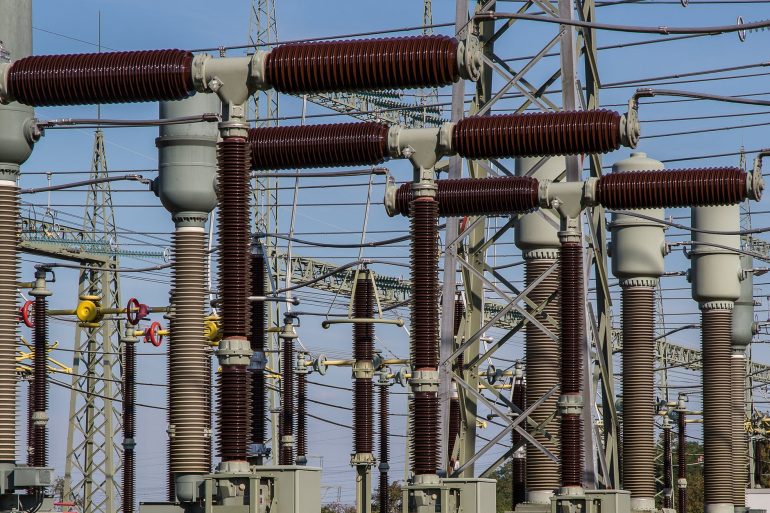
Everything we do, including our work, is surrounded by electricity. Because electricity is so common in our daily lives, it’s easy for workers to become complacent and forget how powerful and even hazardous it can be. Electrical safety is critical in all types of jobs, from offices to construction sites. If you own, run, manage, or work in a plant, you should be aware of a few top-rated safety standards for working with the industrial electricity present in your facility.
While a work environment that follows safety regulations is not always necessary to avoid all electrical-related hazards, the rules mentioned below will considerably improve your work environment so that you can be aware of certain dangers and avoid being exposed to other types of dangers.
Goggles, insulated gloves, sleeves, hoods, blankets, line hose, and non-conducting hard helmets are all standard personal protection equipment. This equipment, like your tools, should be inspected before each use and discarded or repaired if it is not serviceable.
If you come into touch with electrical circuits, equipment, or tools, you should follow the following regulations as closely as possible to safeguard your safety and the safety of other workers in the plant:
- It is critical to avoid getting into contact with an energized electrical circuit at all times.
- When working on, in, or near equipment that are powered by electricity, make sure that all of your tools have non-conductive handles.
- All electric-based devices, goods, and circuits should be treated as if they were active or connected to an electrical supply.
- All metals should be kept away from electrical equipment. To put it another way, you should not handle or use metal pens, pencils, rulers, or other measuring instruments. You should also refrain from wearing jewelry such as rings, earrings, and necklaces.
- When working with or near electrical devices, make sure your hands and other body parts are thoroughly dry.
- If you need to do maintenance or repairs on electrical-based equipment, be sure that the source of electrical power behind the equipment is disconnected.
- If any form of moisture comes into contact with electrical equipment – such as from a chemical spill – make sure to cut off the main power supply and then unplug the item before turning it back on.
- Disconnect the electricity or switch off the main immediately if another person in your plant gets into contact with an electrical conductor.
Working with electrical components should only be done by individuals who are qualified to do so. Otherwise, staying away from live electrical currents is always a good idea.
